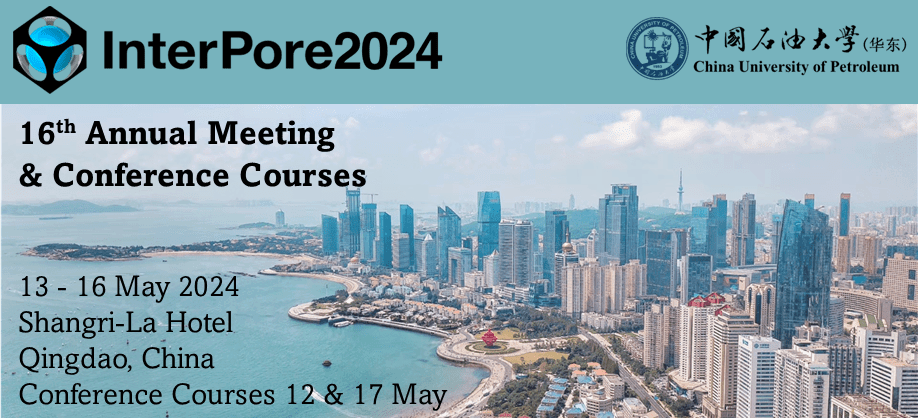Speaker
Description
The rapid decline in production from shale gas wells necessitates the implementation of infill drilling and refracturing technologies to effectively utilize the remaining reserves. These techniques are crucial for maintaining long-term stability and increasing production in gas fields. As reservoir depletion occurs and water injection is implemented, geo-mechanical parameters such as reservoir pressure and in-situ stress undergo changes. These changes lead to distinct fracture propagation behaviors between old wells and those that are newly infilled or refractured, significantly impacting the strategies for future infill well deployment and refracturing operations. To predict the geometry of fractures in refractured and infilled wells with precision, an in-situ stress evolution model for the entire cycle from hydraulic fracturing to reservoir depletion in shale gas horizontal wells was established. This model utilizes water injection methods to simulate the injection of fracturing fluid and adjusts the stress-sensitive curves of fractures and matrix to match the fracturing operation pressure. It also reconstructs the pore pressure and saturation distribution field post-fracturing, facilitating further dynamic simulation of post-fracturing production and enabling a comprehensive depiction of the impact of in-situ stress throughout the entire fracturing and production process.
Research results indicate that the injection of fracturing fluid significantly affects the pressure and stress variations both inside and outside the fractures, with different patterns of stress changes. The differential horizontal stress increases inside the fracture, with the maximum increase occurring at the fracture tips, and decreases along the sides of the fracture, returning to the initial value as the distance from the fracture increases. If the injection of fracturing fluid is not considered, the differential horizontal stress decreases both inside and on the sides of the fracture, with a slight increase at the fracture tips. Under both scenarios, the stress changes during reservoir depletion also differ: overall, the principal horizontal stress decreases, with the minimum horizontal stress differential occurring inside the fracture. Moving towards the sides, the horizontal stress differential gradually increases and then decreases, approaching the initial value. When considering the injection of fracturing fluid, the changes in stress magnitude are relatively smaller, and the deflection angle of stress direction is correspondingly smaller. Pre-fracture water injection can significantly restore the pressure and stress state of the depleted zone, but an increase in injection volume does not necessarily enhance the fracturing modification effect. Optimizing the injection volume and the well soaking time before fracturing are key to improving fracturing efficiency.
By utilizing a four-dimensional in-situ stress evolution numerical simulation method that takes into account the entire cycle of fracturing production in shale reservoir horizontal wells, it is possible to elucidates the effects of initial fracturing, subsequent production, and water injection on reservoir in-situ stress. It offers crucial guidance for the design of refracturing in horizontal shale gas wells and strategic infill well placement.
| Country | 中国 |
|---|---|
| Conference Proceedings | I am not interested in having my paper published in the proceedings |
| Porous Media & Biology Focused Abstracts | This abstract is related to Porous Media & Biology |
| Acceptance of the Terms & Conditions | Click here to agree |




.jpg)
